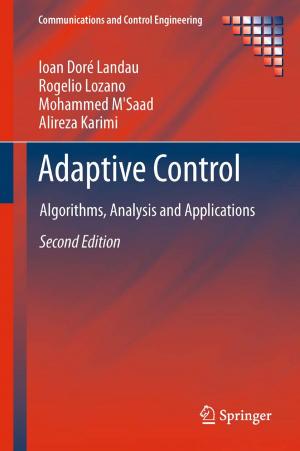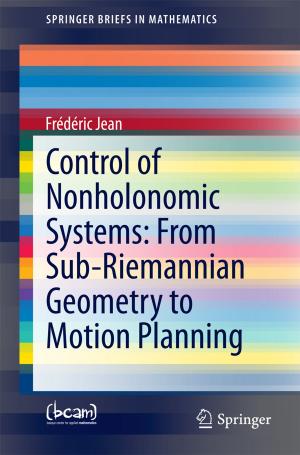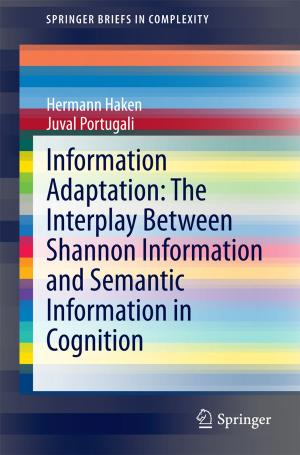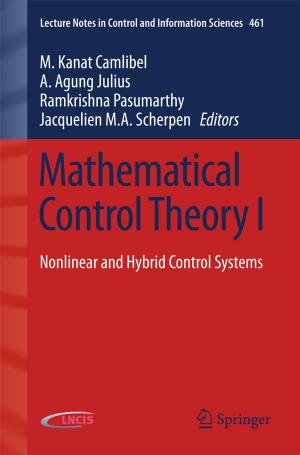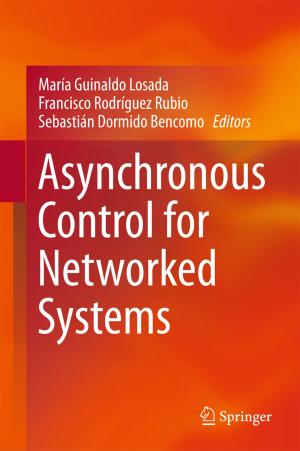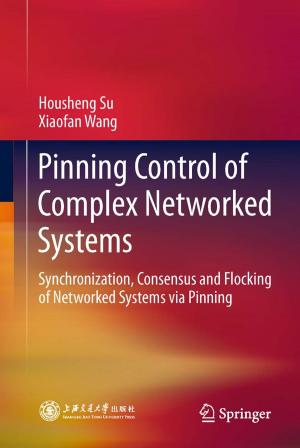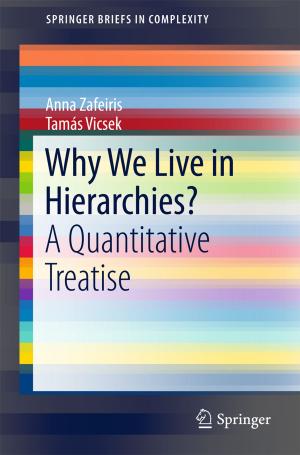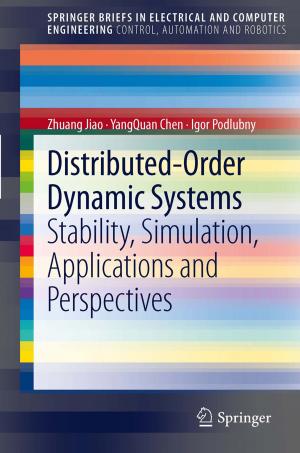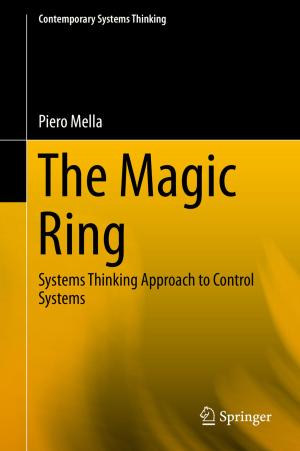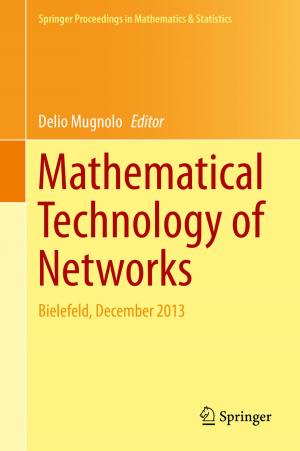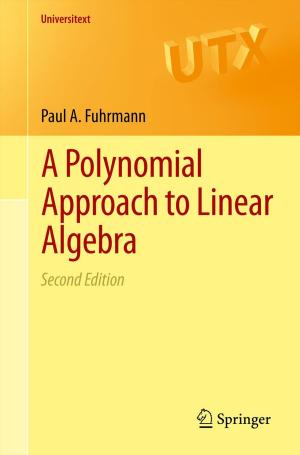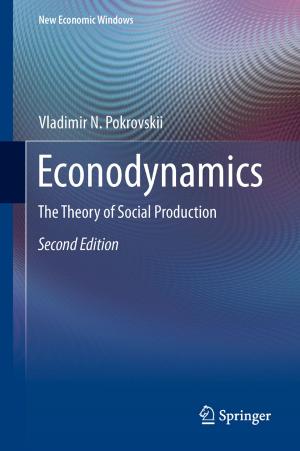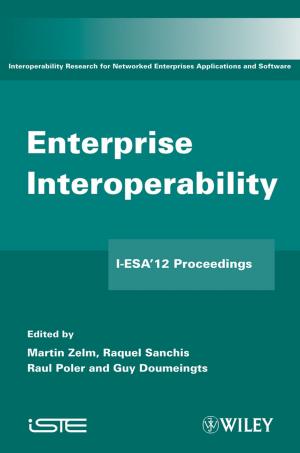Applying General System Theory to Linguistic Theories
Nonfiction, Science & Nature, Science, Other Sciences, System Theory| Author: | Kurosh Taromi | ISBN: | 9780987827081 |
| Publisher: | Golden Maple Publications | Publication: | April 5, 2017 |
| Imprint: | Language: | English |
| Author: | Kurosh Taromi |
| ISBN: | 9780987827081 |
| Publisher: | Golden Maple Publications |
| Publication: | April 5, 2017 |
| Imprint: | |
| Language: | English |
ABSTRACT: Modern linguistic theories are quite diverse and many of them often seem to be incompatible with each other. The theoretical and practical gap between the major linguistic schools may discourage researchers of a school to benefit from a good deal of research done in other linguistic schools. If this theoretical gap is filled, it would be possible to reach a scientific unity among different linguistic trends in order to find greater achievements and prevent loss of time and energy.
This theoretical study aims at presenting a way towards a Comprehensive Theory of Language (CTL) by harmonizing the existing linguistic theories within the framework of General System Theory (GST) as presented by Bertalanffy (1968). In so doing, four major linguistic trends (Saussurian linguistics, the Prague School, American Structuralism, and Transformational Generative Grammar) are considered.
The controversial issues concerning the philosophical and psychological backgrounds of the theories will be solved by suggesting a possibilitistic view. The concepts and classifications of GST are briefly introduced and utilized to construct a CTL which aims at classifying all linguistic issues and, accordingly, determining the domain of application of each linguistic theory. The last table which presents the main results of the study provides linguists with a means to decide which linguistic theory to use in handling a given linguistic problem. The suggested CTL is an open-ended theory and further research is needed to be done for its development.
OBJECTIVES OF THE STUDY: This theoretical study does not intend to present a new way of studying the language itself through the application of GST. Rather, it aims at utilizing General System Theory (GST) to evaluate and harmonize the existing theories of modern linguistics. In this way, the study intends to find a way toward a Comprehensive Theory of Language (CTL). In order to do so, four major linguistic trends, namely Saussurian linguistics, the Prague school, American Structuralism, and Transformational Generative Grammar are discussed. The aim of the discussions is to suggest a way of solving the controversial issues concerning the philosophical and psychological backgrounds of the theories through the presentation of a Possibilitistic view. From this point of view and by means of the concepts and classifications of GST, the Comprehensive Theory of Language is constructed within which all linguistic issues are classified and, accordingly, the domain of application of each theory is determined to help linguists to decide which linguistic theory or theories to use in handling different linguistic problems more efficiently.
SIGNIFICANCE OF THE STUDY: Any linguistic investigation is usually done within the framework of a linguistic theory. There are a number of different linguistic theories with different and sometimes opposing philosophical and psychological backgrounds. In many cases the differences and oppositions between linguistic theories do not allow the linguistic trends and schools to benefit from the achievements of one another.
For instance, linguists who work within the framework of Transformational Generative Grammar (with a cognitive approach to language) may disregard the results achieved by those linguists who worked and may still be working within the framework of Descriptivism (with a behavioristic approach to language) and vice versa. They may reject the methods and achievements of one another only because of the way they conceive language.
If it is possible to harmonize the existing linguistic theories within the framework of a Comprehensive Theory of Language, all linguists may take advantage of the linguistic findings and acquire a better perspective on language. Thus, this study intends to present a general framework which will possibly harmonize different linguistic theories and would make it possible to have a division of labor among different schools of linguistics.
ABSTRACT: Modern linguistic theories are quite diverse and many of them often seem to be incompatible with each other. The theoretical and practical gap between the major linguistic schools may discourage researchers of a school to benefit from a good deal of research done in other linguistic schools. If this theoretical gap is filled, it would be possible to reach a scientific unity among different linguistic trends in order to find greater achievements and prevent loss of time and energy.
This theoretical study aims at presenting a way towards a Comprehensive Theory of Language (CTL) by harmonizing the existing linguistic theories within the framework of General System Theory (GST) as presented by Bertalanffy (1968). In so doing, four major linguistic trends (Saussurian linguistics, the Prague School, American Structuralism, and Transformational Generative Grammar) are considered.
The controversial issues concerning the philosophical and psychological backgrounds of the theories will be solved by suggesting a possibilitistic view. The concepts and classifications of GST are briefly introduced and utilized to construct a CTL which aims at classifying all linguistic issues and, accordingly, determining the domain of application of each linguistic theory. The last table which presents the main results of the study provides linguists with a means to decide which linguistic theory to use in handling a given linguistic problem. The suggested CTL is an open-ended theory and further research is needed to be done for its development.
OBJECTIVES OF THE STUDY: This theoretical study does not intend to present a new way of studying the language itself through the application of GST. Rather, it aims at utilizing General System Theory (GST) to evaluate and harmonize the existing theories of modern linguistics. In this way, the study intends to find a way toward a Comprehensive Theory of Language (CTL). In order to do so, four major linguistic trends, namely Saussurian linguistics, the Prague school, American Structuralism, and Transformational Generative Grammar are discussed. The aim of the discussions is to suggest a way of solving the controversial issues concerning the philosophical and psychological backgrounds of the theories through the presentation of a Possibilitistic view. From this point of view and by means of the concepts and classifications of GST, the Comprehensive Theory of Language is constructed within which all linguistic issues are classified and, accordingly, the domain of application of each theory is determined to help linguists to decide which linguistic theory or theories to use in handling different linguistic problems more efficiently.
SIGNIFICANCE OF THE STUDY: Any linguistic investigation is usually done within the framework of a linguistic theory. There are a number of different linguistic theories with different and sometimes opposing philosophical and psychological backgrounds. In many cases the differences and oppositions between linguistic theories do not allow the linguistic trends and schools to benefit from the achievements of one another.
For instance, linguists who work within the framework of Transformational Generative Grammar (with a cognitive approach to language) may disregard the results achieved by those linguists who worked and may still be working within the framework of Descriptivism (with a behavioristic approach to language) and vice versa. They may reject the methods and achievements of one another only because of the way they conceive language.
If it is possible to harmonize the existing linguistic theories within the framework of a Comprehensive Theory of Language, all linguists may take advantage of the linguistic findings and acquire a better perspective on language. Thus, this study intends to present a general framework which will possibly harmonize different linguistic theories and would make it possible to have a division of labor among different schools of linguistics.

